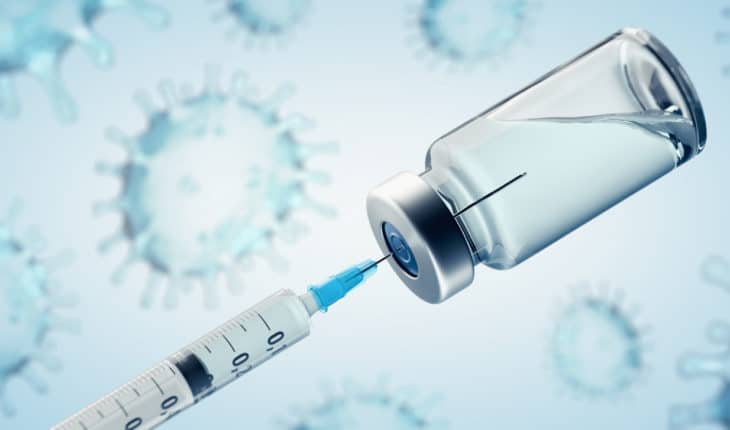The Coalition for Life-course Immunisation (CLCI) has published a report looking at the future of vaccination programmes in Europe beyond COVID-19. Using vaccination data, interviews and testimonials from a previous CLCI paper published in April 2021, the COVID & Beyond report answers the following questions:
- Has COVID-19 raised the profile of vaccination across all ages and stages of life in Europe?
- How have European governments and citizens responded to COVID-19 vaccination?
- What needs to happen in a post-COVID Europe to encourage life-course immunisation?
While Europe has responded relatively well to COVID-19 vaccination, gaps remain with other immunisation programmes such as childhood vaccines, HPV, influenza and pneumococcal disease. In order to increase uptake of other routine vaccinations throughout the life-course, the report calls for European policy makers to:
1. Spend more on prevention – 77% of EU countries currently spend less than 0.5% on immunisation; they should follow Luxembourg by spending at least 2.5% of their health budgets on immunisation
2. Harness technology to manage vaccination – the EU should expand its Digital COVID Certificate platform so that it can be used to schedule and record other vaccinations
3. Widen access to vaccination – national European governments should work with their respective healthcare providers to ensure routine vaccination programmes are accessible in multiple location
4. Make vaccination free at the point of use – all national European governments should remove payments and cover the cost of routine immunisation
5. Strengthen communication – through the European Centre for Disease Prevention and Control (ECDC), the EU should continue to use interactive dashboards to guide citizens and monitor vaccination uptake
6. Take a life-course approach towards immunisation – the ECDC should establish a common vaccination schedule across all member states, and members should agree on the age specifications of these groups
Daphné Holt, Chair of CLCI, said:
“COVID-19 has fundamentally shifted the way Europeans think about immunisation. Right now, people’s understanding and awareness of vaccines and vaccination is at an all-time high, and sustaining this interest is crucial. We must ensure that people of different ages and stages of life have better access to all immunisations, and that we continue with this effort well beyond the pandemic.”
Contact and information You can access a copy of the final report here:
- New lipid-based pathway discovered as key to memory formation - 25th June 2025
- Crucial link could explain how Alzheimer’s takes hold - 25th June 2025
- Understanding Your Mind Can Improve Daily Life - 25th June 2025






